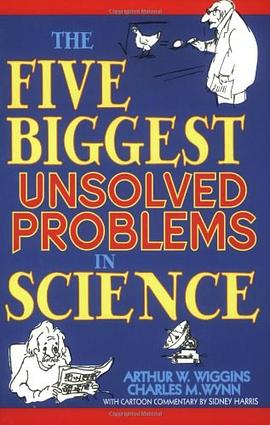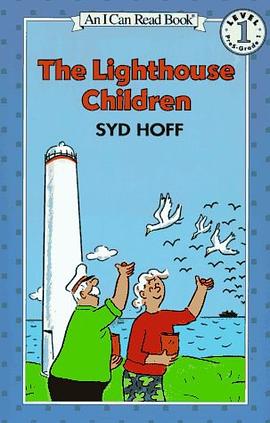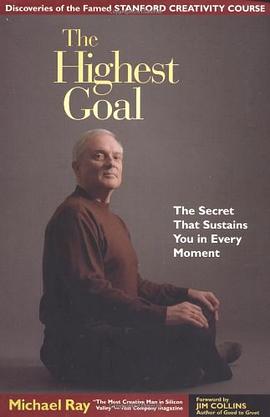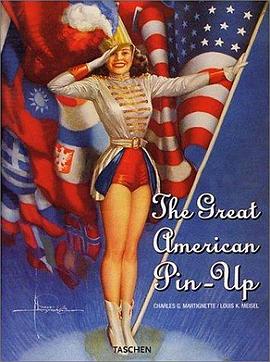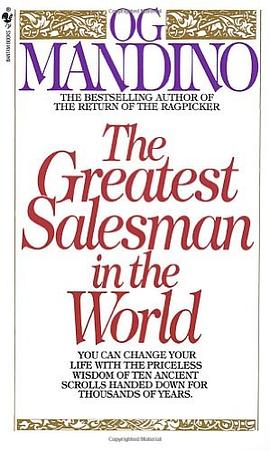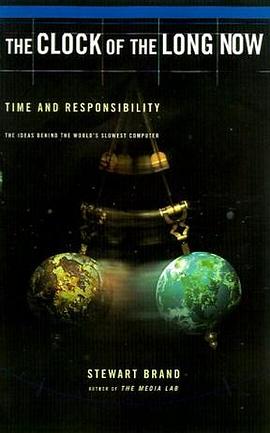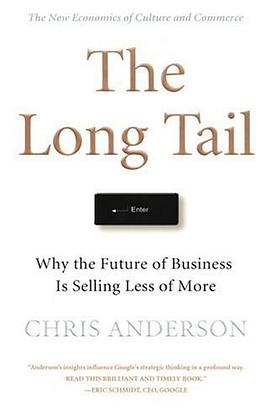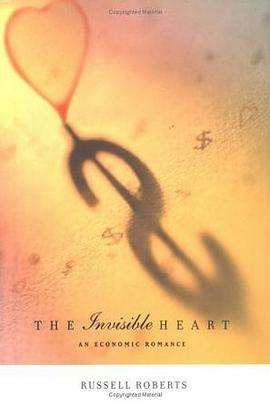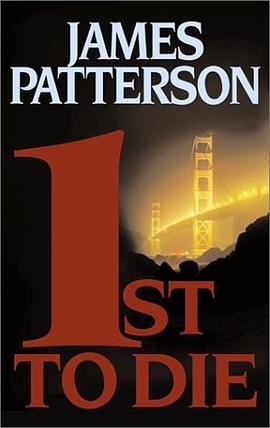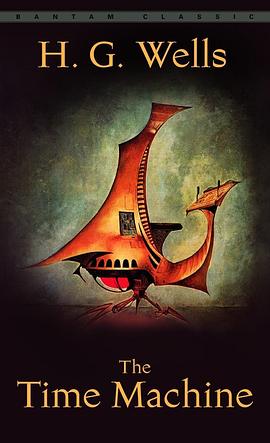

具体描述
When the Time Traveller courageously stepped out of his machine for the first time, he found himself in the year 802,700--and everything has changed.In another, more utopian age, creatures seemed to dwell together in perfect harmony.The Time Traveller thought he could study these marvelous beings--unearth their secret and then retum to his own time--until he discovered that his invention, his only avenue of escape, had been stolen.H.G. Well's famous novel of one man's astonishing journey beyond the conventional limits of the imagination first appeared in 1895.It won him immediate recognition, and has been regarded ever since as one of the great masterpieces in the literature of science fiction.
作者简介
Herbert George Wells (21 September 1866 – 13 August 1946), usually referred to as H. G. Wells, was an English writer. He was prolific in many genres, writing dozens of novels, short stories, and works of social commentary, satire, biography, and autobiography, including even two books on war games. He is now best remembered for his science fiction novels and is often called a "father of science fiction", along with Jules Verne and Hugo Gernsback. During his own lifetime, however, he was most prominent as a forward-looking, even prophetic social critic who devoted his literary talents to the development of a progressive vision on a global scale. A futurist, he wrote a number of utopian works and foresaw the advent of airplanes, tanks, space travel, nuclear weapons, satellite television and something resembling the World Wide Web. His science fiction imagined time travel, alien invasion, invisibility, and biological engineering. Brian Aldiss referred to Wells as the "Shakespeare of science fiction”. His most notable science fiction works include The Time Machine (1895), The Island of Doctor Moreau (1896), The Invisible Man (1897), and The War of the Worlds (1898). He was nominated for the Nobel Prize in Literature four times. Wells's earliest specialised training was in biology, and his thinking on ethical matters took place in a specifically and fundamentally Darwinian context. He was also from an early date an outspoken socialist, often (but not always, as at the beginning of the First World War) sympathising with pacifist views. His later works became increasingly political and didactic, and he wrote little science fiction, while he sometimes indicated on official documents that his profession was that of journalist. Novels such as Kipps and The History of Mr Polly, which describe lower-middle-class life, led to the suggestion that he was a worthy successor to Charles Dickens,[12] but Wells described a range of social strata and even attempted, in Tono-Bungay (1909), a diagnosis of English society as a whole. A diabetic, Wells co-founded the charity The Diabetic Association (known today as Diabetes UK) in 1934.
目录信息
读后感
书中有很多观点让我很是惊讶,也觉得确实很有道理,比如,时间是空间的第四维,“力量是需求的产物,安逸助长虚弱”,“人类终将毁了自己”。 基于现代科学技术水平蒸蒸日上,我从未想过人类会走向衰落的尽头。我们的社会一直把共产主义作为追求的最终目标,我也对共产...
评分1809年达尔文出生的时候,拉马克的《动物学哲学》刚刚面世;1831年他登上“贝格尔号”的时候,玛丽•雪莱的《弗兰肯斯坦》被重新修订出版;而1859年《物种起源》发表时,科幻小说只还只是雪莱的婴儿,凡尔纳的世界冒险在等待成功,而威尔斯干脆还在天堂里观察将要投身其中的...
评分韦尔斯在科幻作家中,虽不如凡尔纳但也名气蜚声世界,并且算是另一种流派,凡尔纳注重科技本身,以及科技实现后的可笑或者可悲结局。而韦尔斯则关注的是社会政治影响等,算是科技的社会流派。 《时间机器》:表现的是在时间机器的带领下,发明家在未来的见闻。其实主旨是反映贫...
评分The future of mankind is not at all admirable, I guess, for anyone who finished Wells' "The Time Machine". The sympathetic account of the Eloi world is an poignant allegory pessimistically indicating the tradegy of our future. The Morlocks, however, even be...
评分——“我们都有时间机器,带我们回去的是回忆,带我们前进的是梦想。” 赫伯特·威尔斯,于1866年出生于英国肯特郡布朗,于1946年去世。曾获得伦敦大学帝国理工学院的理学学士学位。他创作的科幻小说对该领域影响深远,如“时间旅行”、“外星人入侵”、“反乌托邦”等都是20世...
用户评价
Very interesting~ I think maybe the time traveller traveled back to save Weena's life. It would be romantic fiction if it is ture,haha
评分连科幻也扯上了政治,还能不能好好看一部小说了?
评分连科幻也扯上了政治,还能不能好好看一部小说了?
评分我应该没看懂_(:з」∠)_百科介绍的本书分量之所在没给看出来????There is no intelligence where there is no change and no need of change.先标记着,有机会再读读。
评分Very interesting~ I think maybe the time traveller traveled back to save Weena's life. It would be romantic fiction if it is ture,haha
相关图书
本站所有内容均为互联网搜索引擎提供的公开搜索信息,本站不存储任何数据与内容,任何内容与数据均与本站无关,如有需要请联系相关搜索引擎包括但不限于百度,google,bing,sogou 等
© 2025 book.wenda123.org All Rights Reserved. 图书目录大全 版权所有



